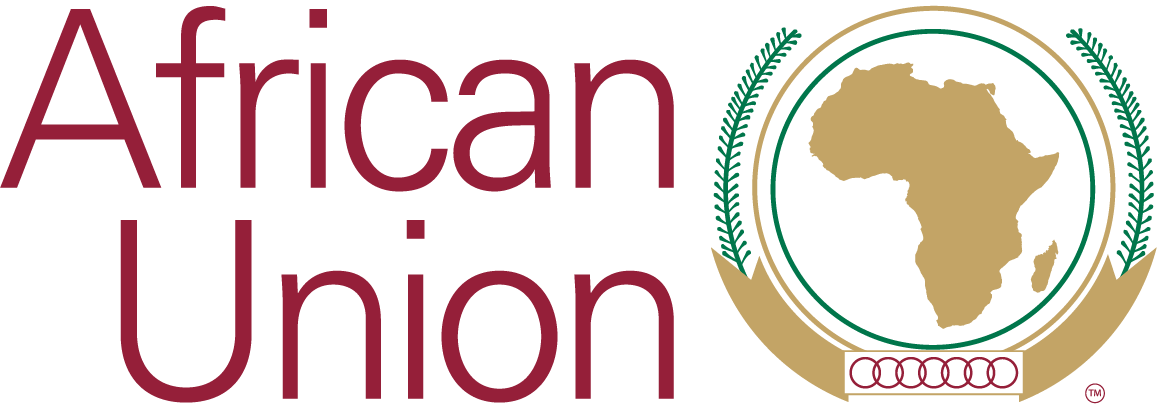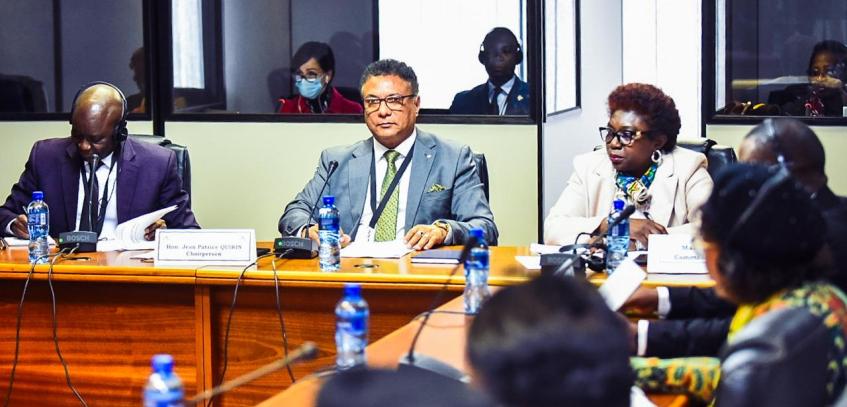The Pan-African Parliament (PAP) Committee on Health, Labour, and Social Affairs has called for increased governmental funding in the fight against Tuberculosis (TB) across the African continent. This follows a presentation by the Global TB Caucus (GTBC) on its research into the disease and Africa's challenges in eradicating it by 2030.
The Committee convened on the second day of the 3rd Ordinary Session of the Sixth Parliament of the Pan-African Parliament in Midrand, South Africa, on Tuesday, June 25, 2024. An update on the Parliamentary Global TB Caucus activities was a key item on the agenda.
GTBC Regional Manager Paidamoyo Magaya emphasized the importance of relaunching the TB Caucus within Pan-African Parliament as part of its standing health agenda until TB is eradicated. Magaya reported that a political decision and a strong commitment from Parliamentarians are crucial since they represent their countries' citizens.
“To achieve the 2030 goal, we need Pan-African Parliament members to recognise the role they can play in their respective countries across the continent, which includes increasing the health budget to exclusively address TB,” Magaya stated. “We need to establish a formal partnership with PAP to leverage common synergies, such as finalising and endorsing the Memorandum of Understanding (MoU) established in previous engagements.”
Magaya added that engaging PAP members in the TB Caucus would increase pressure on national TB budgets to support expanded access to diagnostics and fund new tools. Supporting her stance, GTBC Regional Co-chair Dr. Christopher Kalila noted that while TB treatment is free, the continent still relies on global donors for funding. “We need our governments to prioritize TB in their budgets. We cannot continue to rely on global funders when our countries can push to end TB,” said Kalila.
Committee members expressed appreciation for the agenda and believed the goal could be achieved at the governmental level once the MoU is signed. Committee Chairperson Hon. Jean Patrice Quirin stated, “We are only left with six years to end TB, and it is our duty to ensure the necessary resources are allocated to achieve this goal.” Quirin emphasized the need to set up a TB caucus in every country and relaunch a Pan-African Parliament TB Caucus to encourage national governments to invest the necessary funds.
Committee Acting Rapporteur Kesitesile Gobotswane highlighted the importance of political support at the highest level. “We need a former head of state to advocate for the end of TB. This will create the awareness needed to get our governments to recommit to the fight against this disease,” said Gobotswane.
Committee Member Sibongile Happiness Mamba raised concerns about the lack of political will in some countries. “My concern is that we have heads of state who do not show support in this fight. Without their influence, we will have problems fighting this. TB is killing our people, even in Swaziland, where I come from,” said Mamba.
Another Committee member, Rosemarie Bangwa, noted that in Sierra Leone, TB has advanced into a drug-resistant disease. “Although the government is working to fight this, more still needs to be done. Our countries do not have the capacity to handle this. More money needs to be redirected to the health budget to build more well-functioning clinics and provide the social care our people need,” said Bangwa.
Committee Member Mammello Phooko echoed the sentiments of establishing TB caucuses in respective countries and called for financial ministries to inject more money. “This disease is treatable and preventable. The only requirement is investment to ensure all necessary resources are available, even in regions with inadequate health budgets,” said Phooko.
Committee member Arlete Borges emphasized the need to address the stigma surrounding TB. “We need to reduce infection rates and the stigma that discourages people from seeking treatment. This can be done through the establishment of National TB caucuses that drive educational programs,” said Borges.
The meeting concluded with committee members pledging to establish National TB caucuses and to be part of the GTBC.








